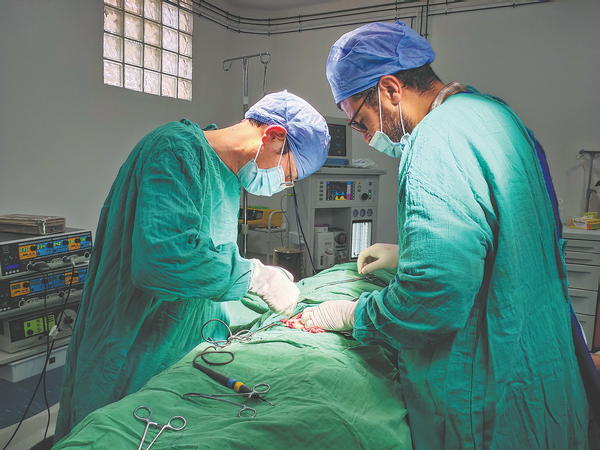

Founded in 2020, the Fudan University ICoE is dedicated to interdisciplinary research on the risk interconnectivity of climate change, the atmospheric environment, and health, and is closely focused on academic exchange and scientific research collaboration with overseas universities and research institutes.
Universities and institutes from Germany, the United States, France, and countries involved in the Belt and Road Initiative, such as Indonesia, as well as international organizations, have joined the international cooperation network set up by the Fudan ICoE for interdisciplinary collaborative research.
The ICoE team participated in the compilation of the World Health Organization 2021 Global Air Quality Guidelines and co-hosted a symposium on air quality and health in the same year. The event was attended by the World Meteorological Organization, the WHO, and the United Nations Environment Programme, and their respective agencies. The heads of Asian regional offices participated in the discussions on the implementation of the new WHO guidelines in Asia.
"We're building a world-class platform," says Tang Xu, executive director of the center.
When talking about the secret to leading a series of high-level international research collaborations, Feng Jianfeng, dean of Fudan's Institute of Science and Technology for Brain-inspired Intelligence, says that they take the initiative to communicate with overseas counterparts through a variety of channels.
"The departments of science, engineering and medicine of the university are taking scientific research as the focus to promote open cooperation, and train world-class scientists for the future," says Feng.
"During the past five years, the proportion of published papers involving international cooperation from our institute has risen as high as 79 percent in a single year. In 2022, the number of such papers reached 122," he says.
In the medical field, hospitals affiliated with Fudan University have also been responsible for a number of world firsts. These include the world's first gene therapy for hereditary deafness, the first stem cell transplant treatment for the IRF4 gene defect, a rare disease, and the annual treatment volume at one of the hospitals providing proton and heavy ion treatment is first in the world, according to the university.
They have also recently sent medical teams on behalf of the Shanghai healthcare force to support medical institutions in Morocco and Pakistan to promote the creation of a global community in the field of human health.